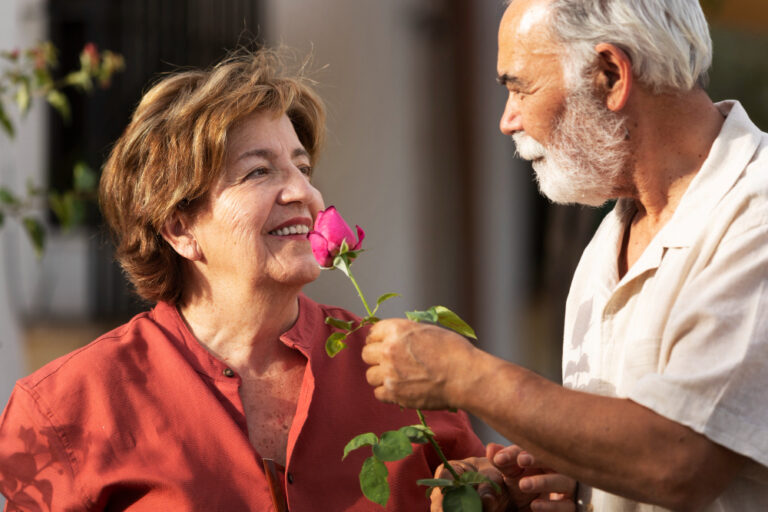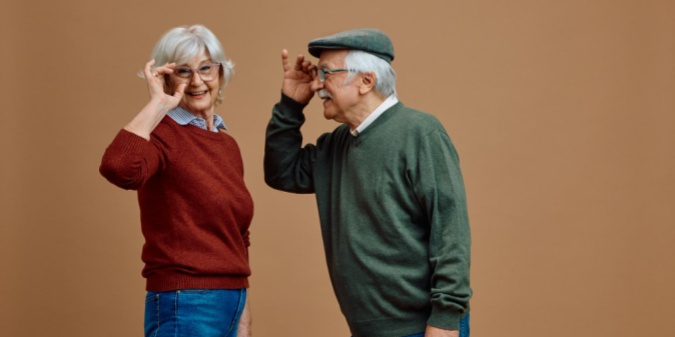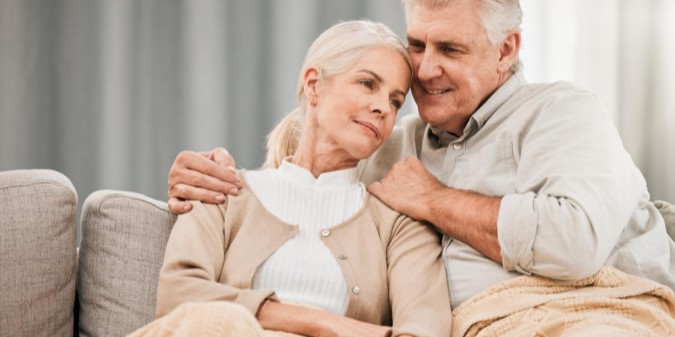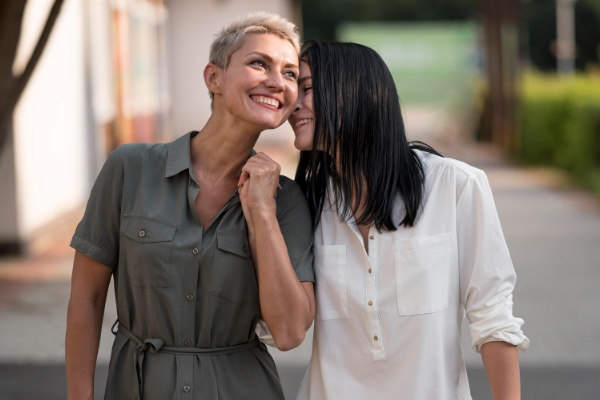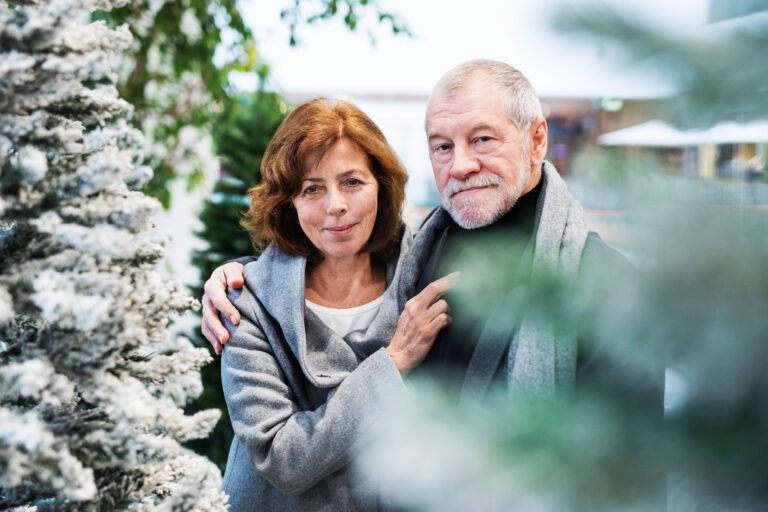As society evolves, more and more seniors are re-entering the world of love and dating. For many seniors, the loneliness and emotional needs of later life have prompted them to find a partner and build intimacy once again. However, entering the dating scene isn’t just about finding love; it can also present several challenges, one of which is how to protect yourself in a new emotional relationship, especially when it comes to sexual health. Protecting your sexual health is especially important for seniors, even if you feel your partner is very “clean” and healthy.
Why Seniors Need to Focus On Sexual Health
Many people assume that sex will naturally decrease as they age, or that health conditions will make sexual health less of a concern for seniors. But this is not the reality. According to some survey data, more seniors are re-entering the dating market and experiencing sex again after divorce or widowhood. And with that comes some potential risks, especially when it comes to protecting against sexually transmitted diseases (STDs).
STDs are not just a “young person’s” problem. Older people are also at risk of infection, especially if they are unprotected. As older people age, their immune systems can be weakened, making them more susceptible to a variety of pathogens.
Risk of Sexually Transmitted Diseases
As we age, older people’s immune systems naturally become less robust than when they were younger, making them more susceptible to several infections. Sexually transmitted diseases (STDs) are not only found in the younger population but also affect the older population. It is often difficult to detect these hidden dangers in the elderly population due to a lack of sexual health education or a lack of regular health screenings due to age.
In addition, as the senior population re-enters the dating market, many may not realize that their partners, while appearing healthy and asymptomatic, may still be carrying some STIs. Some STIs may not have obvious symptoms in the early stages and the infected person may not be aware of them, so it is important to remain vigilant.
The Need to Protect Yourself
Even if your partner appears to be perfectly healthy, disease-free, or even shows signs of never having unclean sex himself, it doesn’t mean that he is free from the risk of carrying a sexually transmitted disease. When faced with such a situation, it is important to protect yourself.
First, avoid “overconfidence”. Even someone you’ve known for a long time who is gentle and “clean” may have engaged in risky sexual behavior in the past, or may have had contact with someone who has an STD. It’s better to take precautions than to rely on “verbal assurances” from the other person.
Use Effective Protection
Older people should take the same sexual health protection measures when dating as younger people.
1. Use Condoms: Condoms are effective not only in preventing pregnancy but also in preventing the transmission of sexually transmitted diseases. Older people should not neglect this protection, especially in new relationships. Always using condoms is a basic form of prevention.
2. Regular Check-ups: Even older people should have regular sexual health check-ups, especially when they start dating again. For those who have multiple sexual partners or change partners, regular check-ups are essential to protect their health. If a partner is reluctant to have a checkup, it may be a warning sign.
3. Communication and Honesty: Honesty and communication are essential in establishing a new intimate relationship. Both partners should be honest about their past health, including whether they have ever had unprotected sex or contracted a sexually transmitted disease. If there are any concerns, they should be discussed and resolved promptly.
4. Beware of an Overly Idealized Image of the Partner: For older people, emotional dependence and hope for the future may lead them to trust their partners too much. Therefore, it is necessary to take the necessary precautions in observing the partner, especially in sexual health issues, and not to ignore possible risks by “idealizing” the partner.
Sociocultural Influences on Older People’s Sexual Health
In some socio-cultural contexts, the sexual health of older people is often ignored or shyly discussed. Particularly in areas with strong traditional attitudes, older people may feel embarrassed or uncomfortable talking about sexual health. In reality, however, seniors also need sexual health protection and education. Raising sexual health awareness among seniors and breaking cultural taboos is key to solving the problem.
As seniors enter the dating scene, it is important to focus not only on building and communicating emotionally but also on protecting their sexual health. Even if you feel the other person is perfectly healthy, it is unwise to be too trusting. Taking proper precautions, having regular health checks, and communicating honestly are effective ways to ensure your safety. Protecting your sexual health is not only a responsibility to yourself but also a way to avoid unnecessary health risks while respecting others and enjoying your later years.

